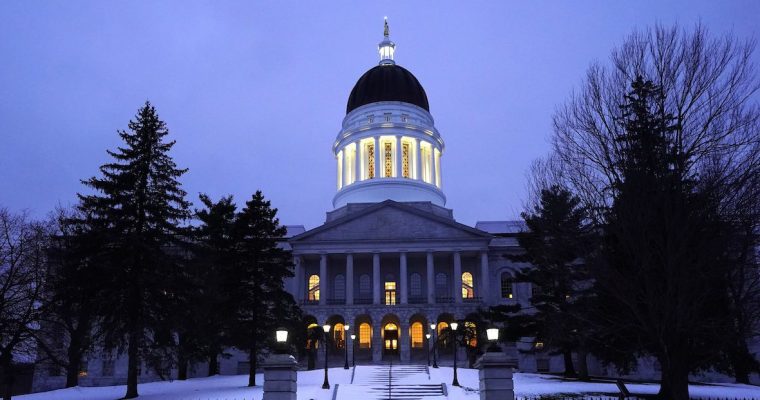Maine’s Online Casino Legalization Efforts Come Up Short

The legislative saga of LD 1777, a bill aimed at expanding the Wabanaki Nations’ rights to offer online gambling, is an example of the interests and challenges that shape gambling legislation.
From its inception, the bill was met with resistance. Its journey began with an ambitious goal: to rectify historical inequities faced by the Wabanaki tribes by granting them exclusive rights to operate online casinos. This move was seen as a potential economic boon, promising to funnel new revenue streams into tribal and local community development.
However, the path for LD 1777 was fraught with hurdles. State Sen. Mattie Daughtry’s intervention brought a temporary reprieve, reviving the bill’s prospects in the Senate. Yet, this glimmer of hope was short-lived as the bill struggled to secure the necessary legislative support.
Steve Silver, the chairman of the Maine Gambling Control Board, emerged as a vocal opponent, citing concerns over the bill’s implications for the broader Maine population. His stance reflected a wider apprehension about the bill’s potential to alter the state’s gambling landscape, which currently comprises a single casino, a racetrack with slots, tribal-run gambling halls and a state lottery.
The debate over LD 1777 was not solely focused on economic outcomes; it also delved into social ramifications. Proponents argued that the bill would generate millions in revenue for the tribes, while opponents raised alarms over possible job losses at existing gambling establishments and the risk of exacerbating gambling addiction.
Major industry players like Caesars Entertainment and DraftKings were also involved. They were interested in advancing their presence in the state, as they already provided operations for the tribes. They would’ve been the obvious choice to operate the online casinos.
As the legislative session drew to a close, the bill’s fate was sealed. It languished without further discussion, and the opportunity for a special session evaporated, postponing any potential revival until the following year.
The story of LD 1777 is emblematic of the broader debates that surround gambling legislation across the United States. It’s a demonstration of the dynamics at play when states consider the prospect of expanding gambling activities.
The bill’s failure to pass reflects the specific challenges faced by the Wabanaki tribes in their quest for economic empowerment. It also shows the broader societal concerns that accompany the expansion of gambling.
- Other news categories:
- SlotsUp's news





